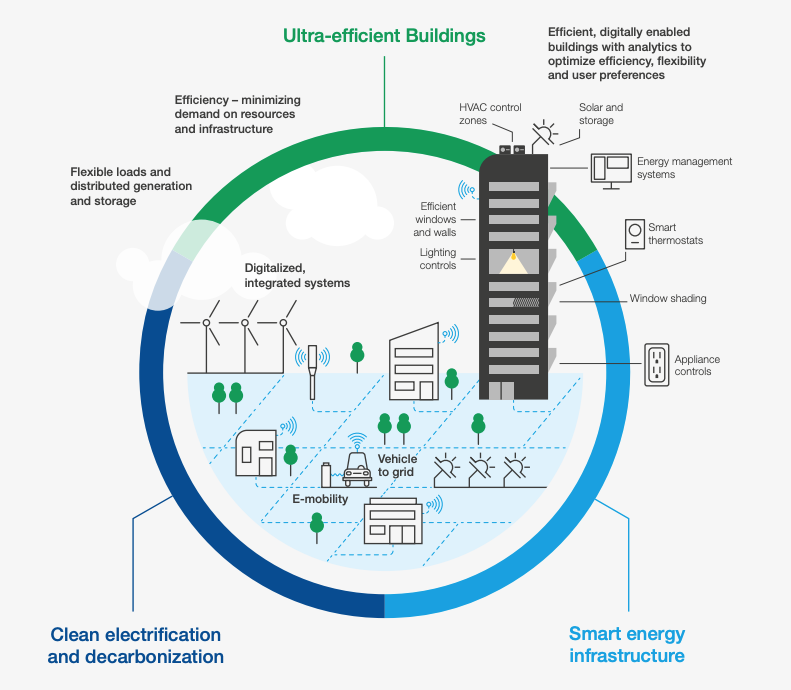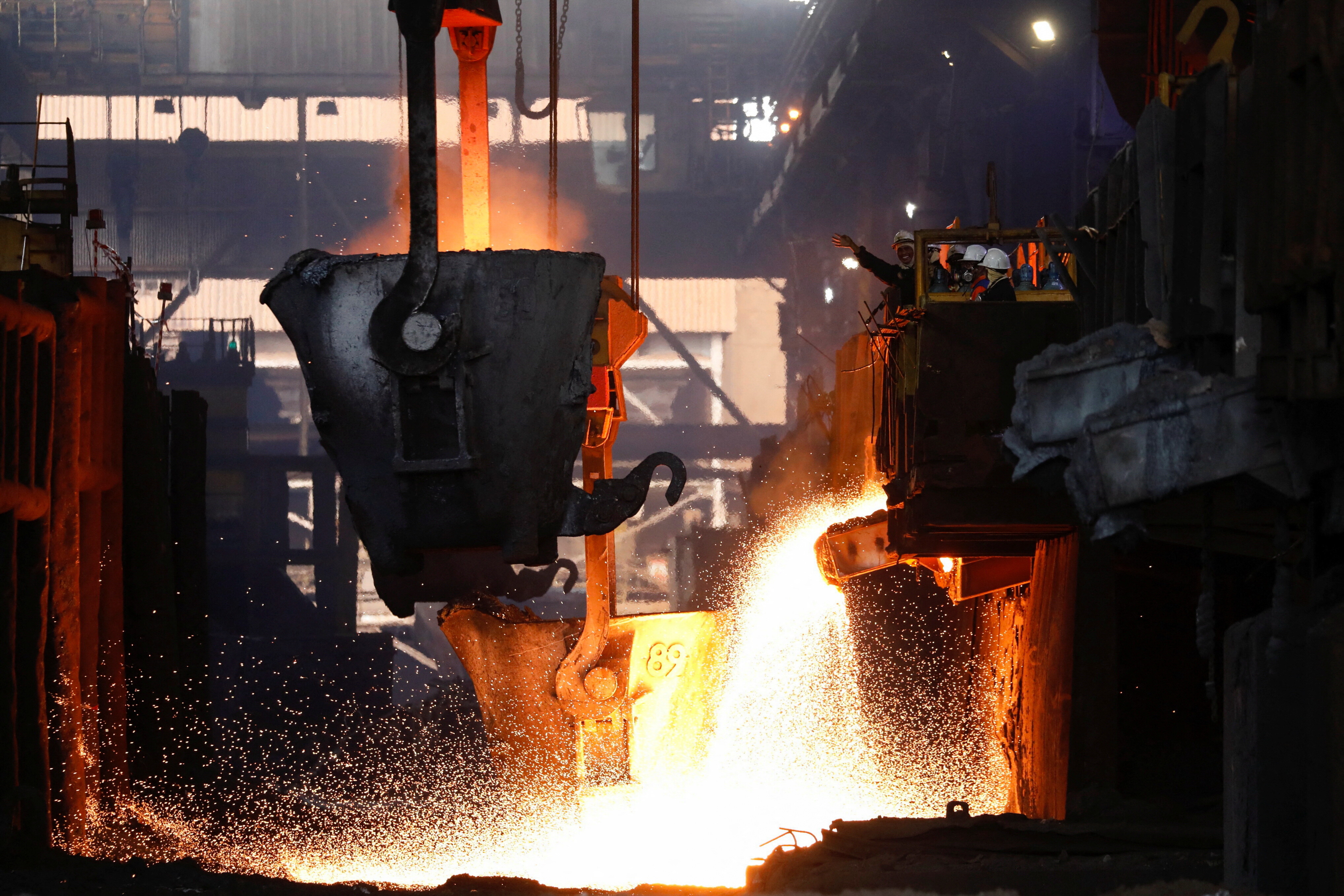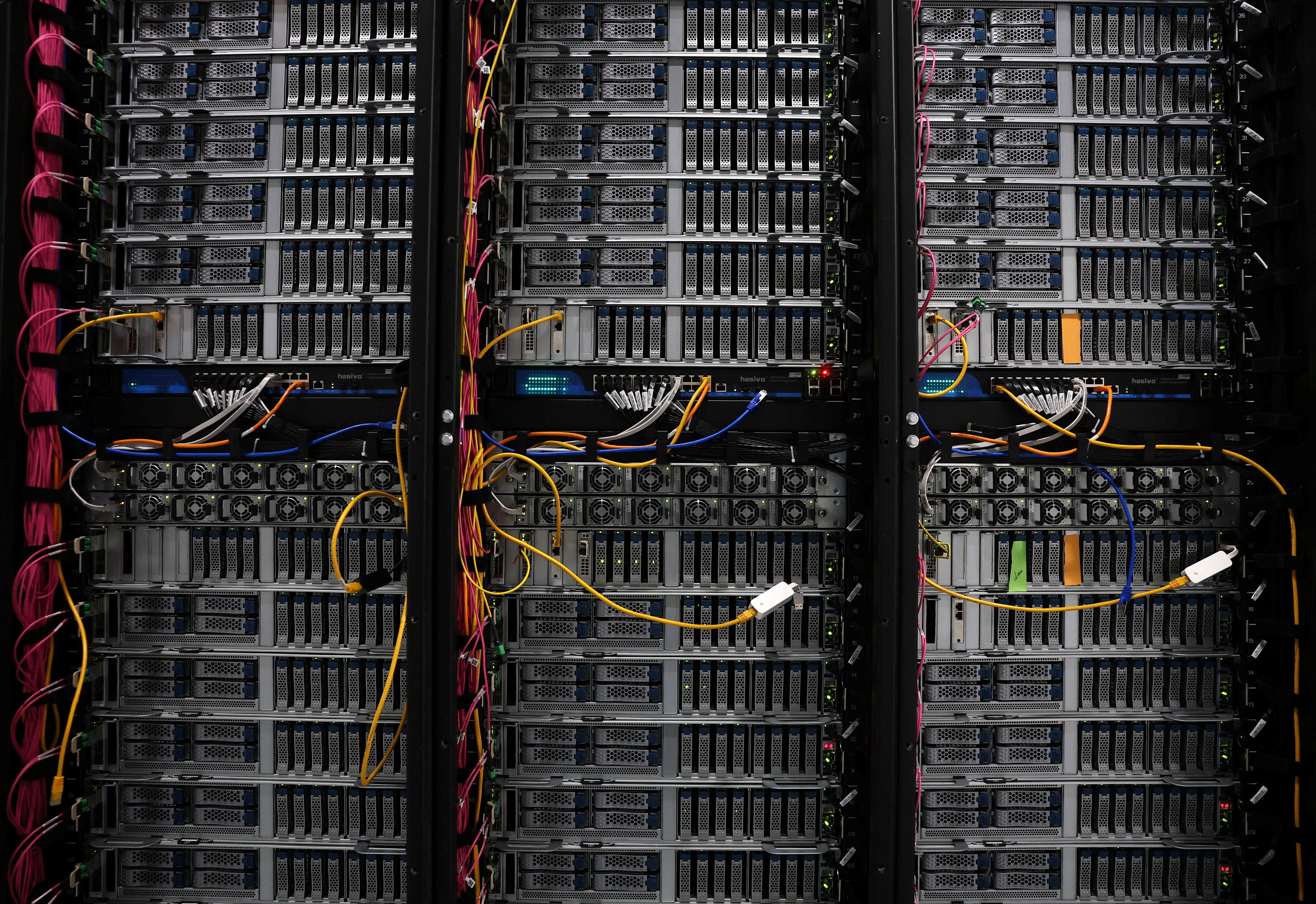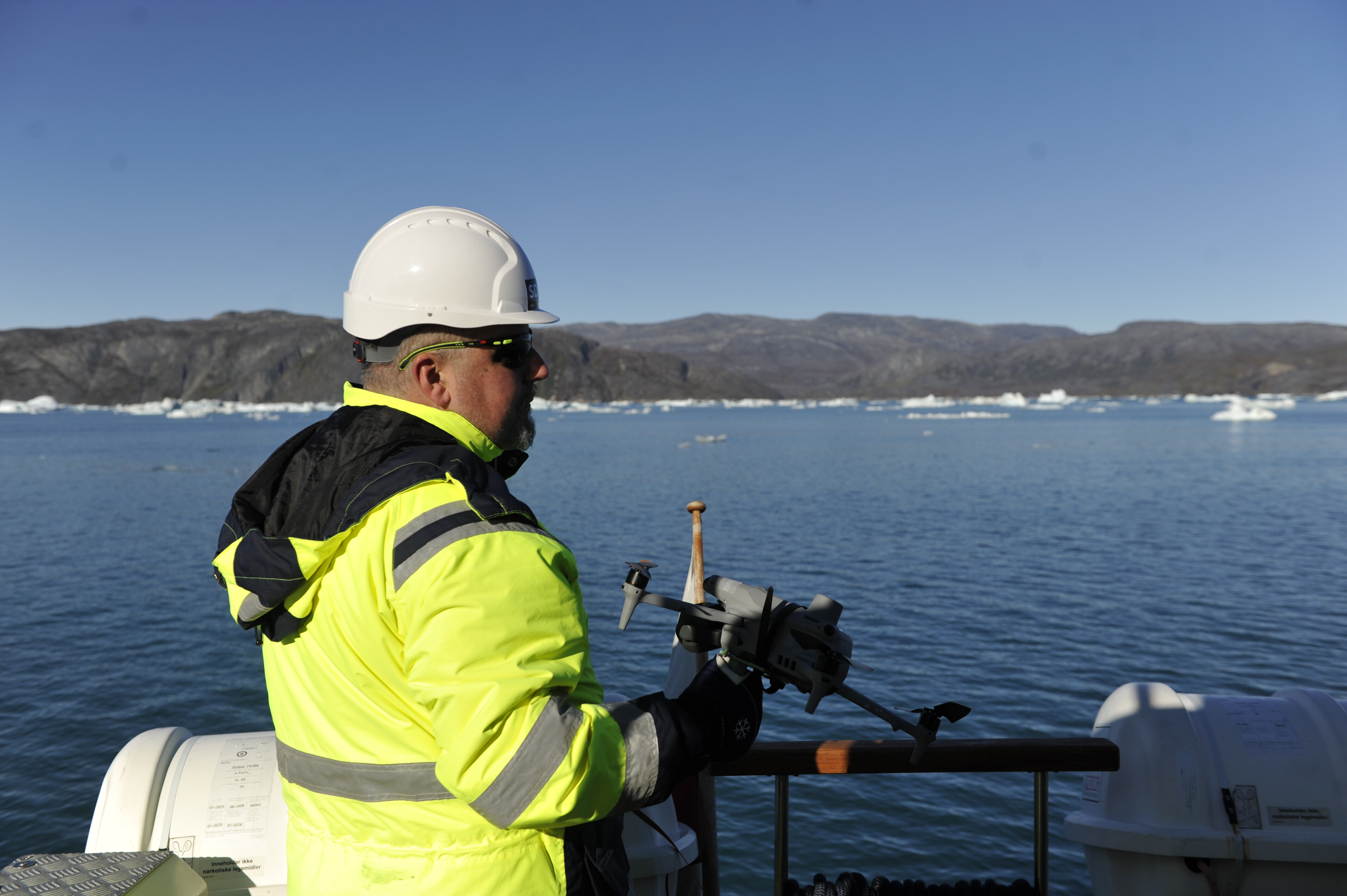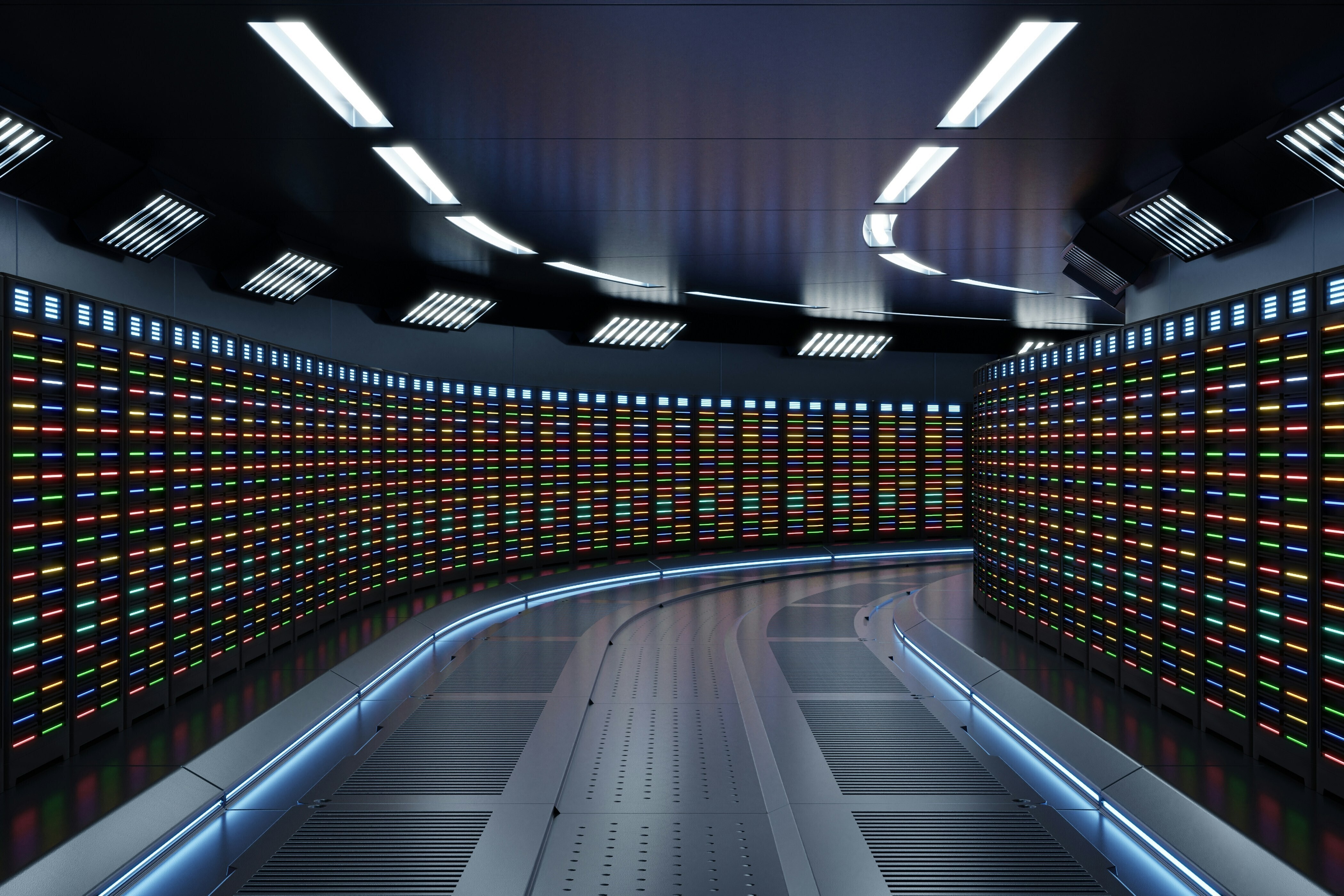5 things to know about Europe's new space programme

Rocket boost ... the EU has launched an ambitious new space programme to turbo-charge the bloc’s extraterrestrial efforts. Image: NASA
Listen to the article
- The initiative will see updates to existing European space projects such the Galileo navigation system and Copernicus Earth observation platform.
- It also sets up the EU Agency for the Space Programme (Euspa) to have oversight of everything the EU does in orbit, while the European Space Agency (ESA) is the technical entity designing space systems and ground facilities for the benefit of European citizens.
- The programme’s aim is to harness the power of space to boost the EU’s post-COVID economy, tackle climate change and move towards digitalization.
The EU has launched its ambitious new space programme in a bid to attach rocket boosters to the bloc’s extra-terrestrial efforts. With a €14.88bn budget to 2027 - it’s largest to date - the programme is aimed at establishing the EU as a leader in the space industry.
It will see the bloc grow its investments in areas including satellite navigation, secure communications, and earth observation. And the programme will also put a new focus on the research, development and commercialization of space technologies, which will enable digital innovations in everything from smart cities to agriculture and protecting the planet.
New funding will allow the development of the next generation of Galileo and Copernicus, the EU’s satellite navigation and Earth-observation projects which positioned Europe as a world leader.
And it is hoped investment in the space industry will have a spillover effect into other areas, creating jobs, and driving innovation and reinvigorating the post-COVID economy.
The update also creates a new body - the EU Agency for the Space Programme (Euspa) - which will also have oversight of everything that the EU does in orbit.
The new space programme – and the signature on 22 June 2021 of a Framework Partnership Agreement between ESA and EU – marks a fresh start for space activities in Europe.
ESA Director General Josef Aschbacher has said he’s “grateful and would like to thank Commissioner Thierry Breton for the trust given to ESA, whose experience in all areas of space activities is rewarded here by an enhanced cooperation between our two institutions, bringing a new ambition for space in Europe”.
Here’s everything you need to know about the EU space programme.
1. Space data enables digital transformation
The EU space programme provides critical infrastructure for innovative systems such as automonous vehicles and 5G wireless telecommunications.
For example, the Galileo global satellite navigation and positioning system provides a location accuracy of within 20 cm, while the Copernicus monitoring system produces more than 16 TB of high-quality full and open Earth observation data each day.
2. Europe’s cities rely on space technologies
Space data and systems are key for urban mapping, planning and infrastructure monitoring in smart cities, enabling better transport and waste management systems to be developed.
These technologies can also be used to support rescue operations in the case of natural disasters such as earthquakes, hurricanes and floods.
What is the Forum doing to help cities to reach a net-zero carbon future?
3. Satellite data enables precision agriculture
Farmers across the EU can also significantly benefit from precision agriculture and integrated farming solutions enabled by space data.
Such systems can help increase crop yields by 10% or more, while also saving over 20% on fuel, fertilizer and pesticides, according to Euspa and the ESA.
4. Galileo and Copernicus space systems to be upgraded
Part of the EU funding up to 2027 will be used to revamp Galileo – which already supports more than two billion devices – in order to develop new navigation systems for products and services such as the internet of things.
Meanwhile, the capabilities of the Copernicus-Sentinel spacecraft will also be extended and upgraded to better monitor climate change and help the EU reduce carbon emissions.
5. Investment in the space programme feeds into the wider economy
With the launch of its space programme, the EU hopes to harness the power of space to boost its post-COVID economy, tackle climate change, move further towards digitalization and secure its autonomy and sovereignty.
The initiative is also expected to increase the number of space-related jobs across the bloc to 400,000 by 2025, up from an existing 250,000.
Benefits of space exploration
As outlined in the World Economic Forum’s paper Six Ways space technologies benefit life on Earth, the space sector has many important uses.

From an environmental perspective, the technology can monitor the climate to warn of impending storms and other destructive weather patterns; track rising rates of climate change to help prevent and mitigate their effects; and identify illegal fishing and deforestation.
It can also connect billions of people including those who lack internet access in rural areas; improve food security and livelihoods by enabling more efficient farming practices, and ensure transparency and security of states by monitoring and verifying actors’ behaviour.
Don't miss any update on this topic
Create a free account and access your personalized content collection with our latest publications and analyses.
License and Republishing
World Economic Forum articles may be republished in accordance with the Creative Commons Attribution-NonCommercial-NoDerivatives 4.0 International Public License, and in accordance with our Terms of Use.
The views expressed in this article are those of the author alone and not the World Economic Forum.
Stay up to date:
Space
Forum Stories newsletter
Bringing you weekly curated insights and analysis on the global issues that matter.
More on Emerging TechnologiesSee all
Mahmoud Mohieldin and Vera Songwe
November 20, 2025

